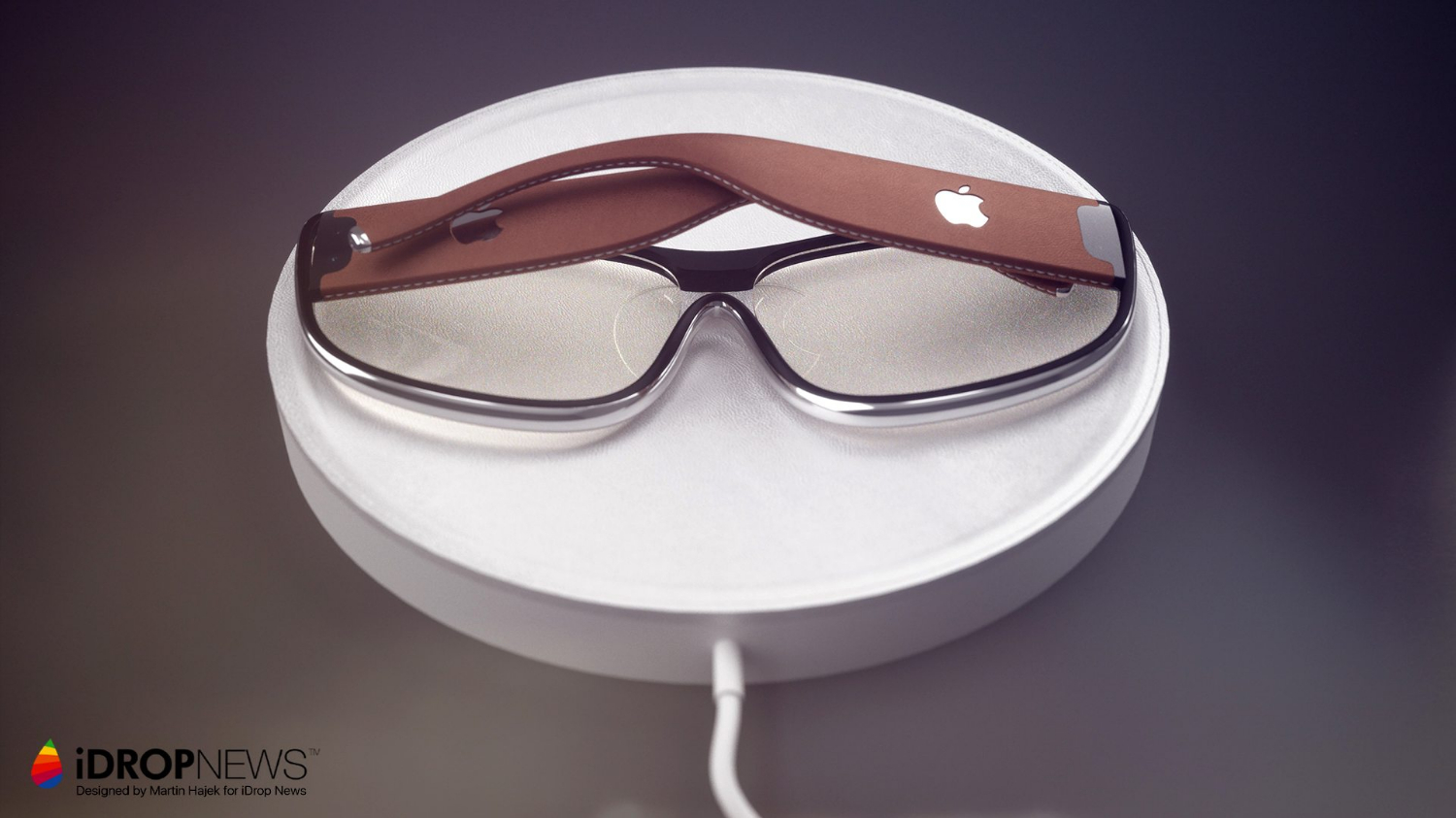Apple Is Clearly Working on AR Glasses
Apple buying a startup manufacturer of lenses for augmented reality glasses is one of many clear signs that Cupertino is building AR glasses.
Apple has bought Akonia Holographics, a Colorado-based startup dedicated to the manufacturing of displays for augmented reality glasses.
In addition to other recent purchases, this is an extremely strong indicator that the Cupertino company is actively working on AR glasses.

According to Akonia’s web site, its more than 200 patents result in a technology that can create “thin, transparent smart glass lenses that display vibrant, full-color, wide field-of-view images.” Just the kind of qualities that would be touted by Phil Schiller at a special AR glasses event.
Apple’s AR acquisition trail
Akonia is only the latest in a long series of purchases that show that Apple is actively working on developing AR glasses. Apple has been buying a lot of companies with technologies that are directly applicable in an AR set since as eagerly as 2013.
Just in 2017, Cook and his mariachis bought four: InVisage Technologies (an American quantum dot-based image sensor manufacturer), Regain (a French computer vision company), Vrvana (a Canadian manufacturer of augmented reality head-mounted displays), and SensoMotoric Instruments (which makes eye tracking hardware and software).
MORE: New iPhones Will Bring Biggest Changes in a Decade
Get instant access to breaking news, the hottest reviews, great deals and helpful tips.
In 2015 Apple acquired Metaio, a German company that developed an Augmented Reality SDK that seems to be the basis for ARKit, the Apple Augmented Reality developer API that debuted in iOS 11 in 2017.
And let’s not forget about PrimeSense, which Apple scooped up in 2013. PrimeSense developed the software for the Kinect 3D depth sensor. The technology, which already has ended in Face ID, will be crucial for an AR device. Equipped with small IR cameras, Apple’s glasses will be able to track the motion of your hands in order for you to interact with a virtual object — like Leap Motion is doing with its Project Orion.
Can Apple create the perfect AR glasses?
Apple told Reuters that they won’t comment on the matter: “Apple buys smaller companies from time to time,” the Californian company said, “and we generally don’t discuss our purpose or plans.”
But we know that Apple company purchases generally result either in new products or features added to existing products. The purchase of Siri Inc. in 2010, for example, became the iPhone 4S’ Siri assistant, which then got enhanced when Apple bought Novauris, another speech recognition developer, in 2013.
MORE: Bose's AR Glasses Finally Make Augmented Reality Cool
We know that Tim Cook is a fan of AR and Apple seems to be following the vision that the technology will be the Next Big Thing if done right. Indeed, an elegant set of Apple glasses that offer smart object recognition, seamless hand tracking, and a field of view wide enough to destroy the windowing effect that impairs all current headsets, cutting virtual objects due to the limitations of current eye displays, could be the equivalent to the next iPhone.
It is a hard challenge, but maybe Apple can pull it off.
Of course, the fact that Apple’s acquisition indicate that the company is actively working on AR glasses is not an indicator that a product will be released. But if Apple can solve what the much-hyped MagicLeap or Microsoft Hololenses have been trying to solve for years, they will have a killer product on their hands.
Jesus Diaz founded the new Sploid for Gawker Media after seven years working at Gizmodo, where he helmed the lost-in-a-bar iPhone 4 story and wrote old angry man rants, among other things. He's a creative director, screenwriter, and producer at The Magic Sauce, and currently writes for Fast Company and Tom's Guide.
-
darkomaledictus I expect another failure like VR. Tip, nobody wants to wear peripherals on their head, if Google taught us something is glasses with a camera really makes you look like a douche!Reply -
redneck1st I dont see any real viable use for something like this. Maybe for gaming? But in all honesty I wouldn't waste my money on it. I got a VR headset with my S8+ which is still in the box unopened up in the attic.Reply
Apple has. So much money yet their phones are garbage. Drop them once and shatter the screen. -
zofryer I can't wait to pretend apple invented this. Like we pretend they invented notched phones, the app store, smartphones, faceunlock, and everything else they stole from someone.Reply -
rich211rich211 Actually the concept could change the world on learning curves. for one example imagine your car breaks down and the glasses show you step by step of what part to remove or add highlighting the part as you are looking at your engine and can identify it and tell you where to buy a new one close by or making sure you don't miss a step in the assembly. This could also be applied to many work industries, Education or for people that like DIY projects. real life hands on virtual guidance system. but I'm sure they will just use it for gaming, taking pics or video instead of using it for practical purposes unfortunately.Reply
 Club Benefits
Club Benefits






